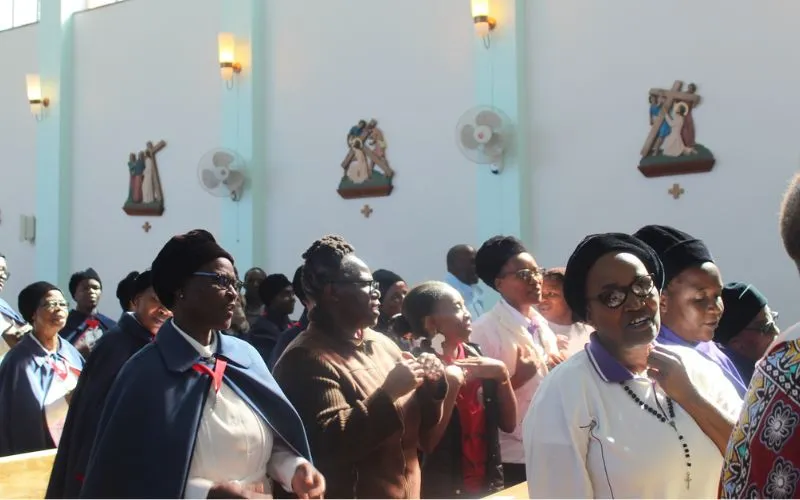 Credit: Katy Dijane
Credit: Katy Dijane
“Bishop Zwane understood this profound truth, and his legacy calls us to continue this sacred work with renewed vigour,” the Local Ordinary of Mthatha Diocese since his Episcopal Consecration in May 2008 said.
Reflecting on the purpose of the Memorial Lecture, the Parish Priest of Regina Mundi Parish of Manzini Diocese, Fr. Sakhile Ndwandwe, said that the lecture safeguards the memory and values of Bishop Zwane, the first Swati Catholic Bishop of Manzini, who passed on in August 1980 at the age of 48.
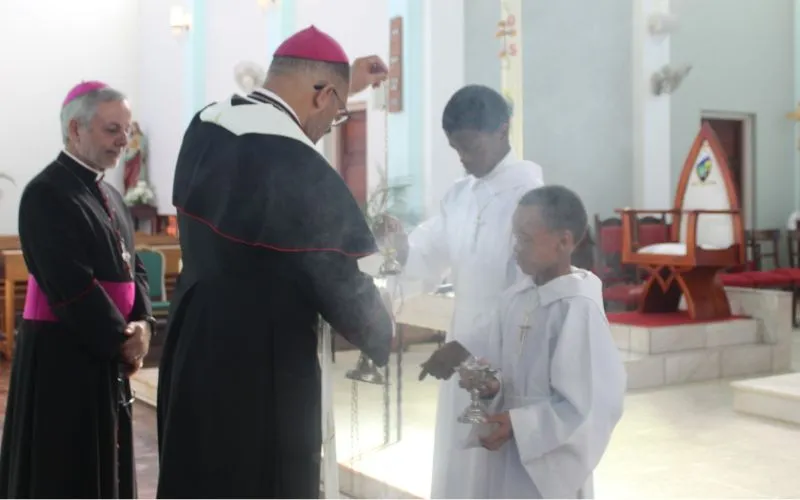 Credit: Katy Dijane
Credit: Katy Dijane
“Bishop Zwane’s episcopal motto ut viam habeant (“that they may have life”) was not merely symbolic; his episcopate was not about himself, but a ministry grounded in the lived realities of the people, one that prioritised human dignity, cultural authenticity and holistic human development,” Fr. Ndwandwe said.
(Story continues below)
He noted that the memorial lecture was a forum for intellectual and ecclesial dialogue in that it aimed to bring together diverse voices, including scholars, members of the Clergy, Theologians, and a section of the Laity to engage on issues central to the mission of the Church.
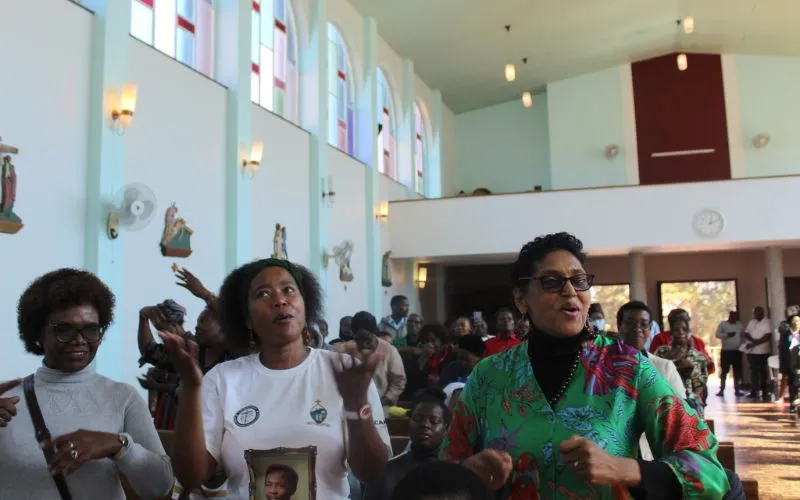 Credit: Katy Dijane
Credit: Katy Dijane
“Bishop Zwane did precisely this during his Episcopate. He created and initiated open forums on ecumenism, liberation theology, and public ethics,” the Catholic Priest said about the late Catholic Church leader, who had started his Episcopal Ministry in May 1976.
On his part, the local Ordinary of Manzini, Bishop José Luis Ponce de León, paid glowing tribute to his predecessor, saying, “Bishop was known and revered for his fight for justice, lay ministry, social development, communication, refugee issues and poverty eradication.”
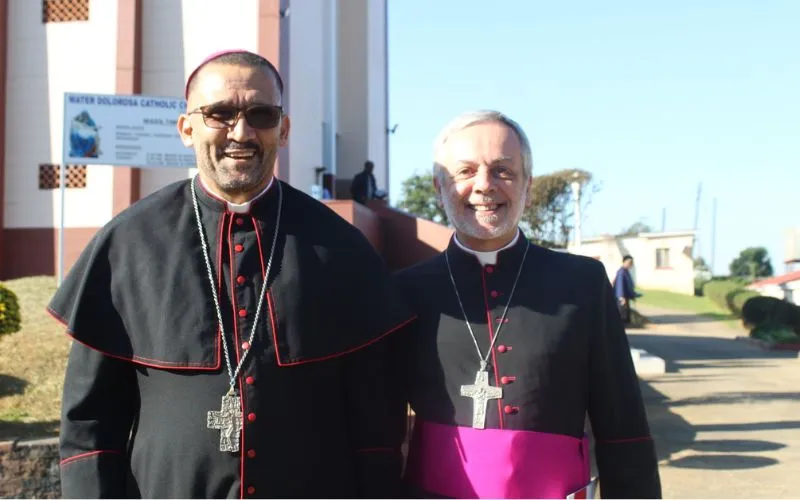 Bishop José Luis Ponce de León (right) and Bishop Sithembele Anton Sipuka (left). Credit: Katy Dijane
Bishop José Luis Ponce de León (right) and Bishop Sithembele Anton Sipuka (left). Credit: Katy Dijane
Bishop Ponce de León said the Memorial Lecture started nine years ago, organized by the Catholic Commission for Justice and Peace and Caritas in Eswatini, with Fr. Smangaliso Mkhatshwa, the late Bishop Zwane’s kinsman, as the first guest speaker.
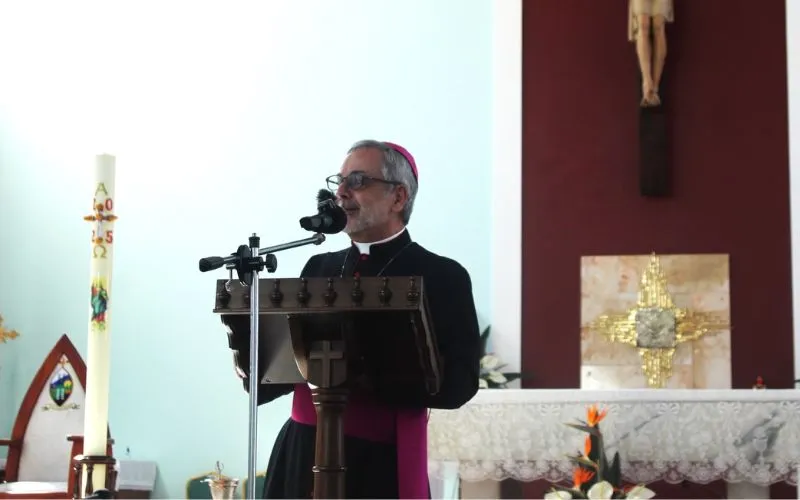 Credit: Katy Dijane
Credit: Katy Dijane
The Argentine-born member of the Consolata Missionaries (IMC) expressed his appreciation for the initiative, saying it had a positive impact on the lives of the people the late Catholic Bishop served, particularly through his concern for social and ecumenical issues.
Kati Dijane in South Africa contributed to this story
ACI Africa was founded in 2019. We provide free, up-to-the-minute news affecting the Catholic Church in Africa, giving particular emphasis to the words of the Holy Father and happenings of the Holy See, to any person with access to the internet. ACI Africa is proud to offer free access to its news items to Catholic dioceses, parishes, and websites, in order to increase awareness of the activities of the universal Church and to foster a sense of Catholic thought and culture in the life of every Catholic.
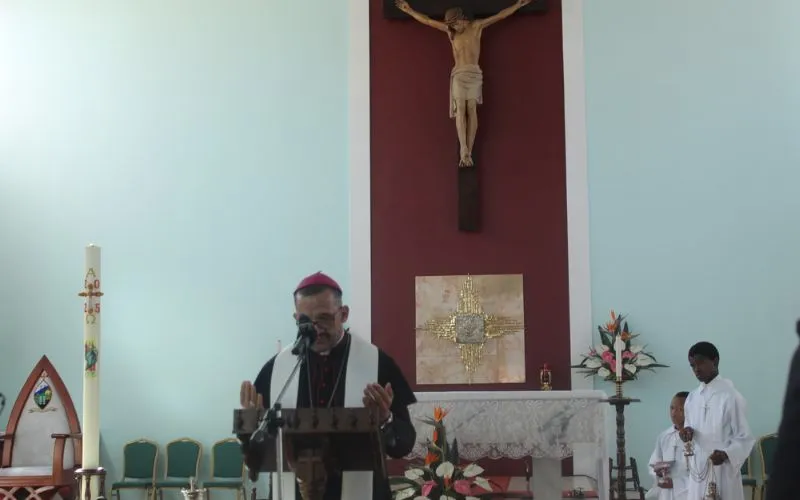 Bishop Sithembele Anton Sipuka of the Catholic Diocese of Mthatha in South Africa speaking at the Bishop Mandlenkosi Zwane Memorial Lecture in Eswatini. Credit: Katy Dijane
Bishop Sithembele Anton Sipuka of the Catholic Diocese of Mthatha in South Africa speaking at the Bishop Mandlenkosi Zwane Memorial Lecture in Eswatini. Credit: Katy Dijane


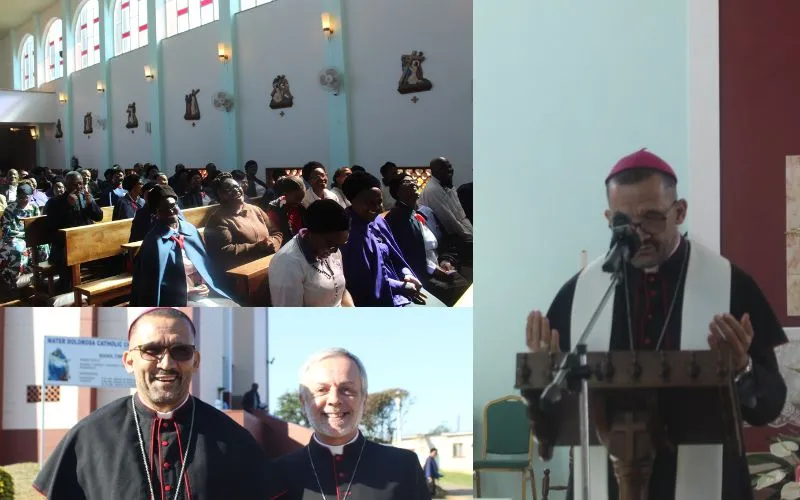
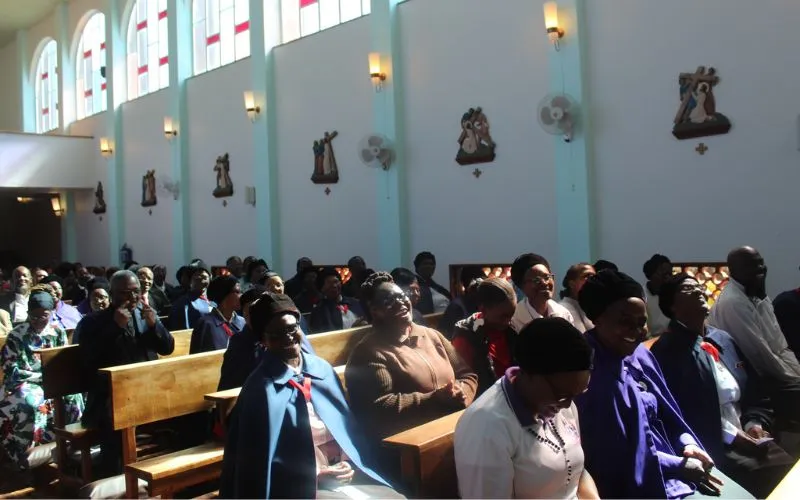 Credit: Katy Dijane
Credit: Katy Dijane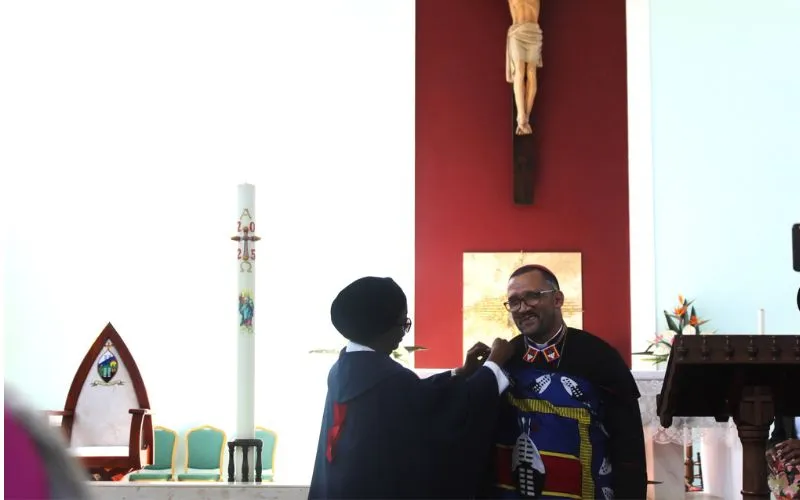 Credit: Katy Dijane
Credit: Katy Dijane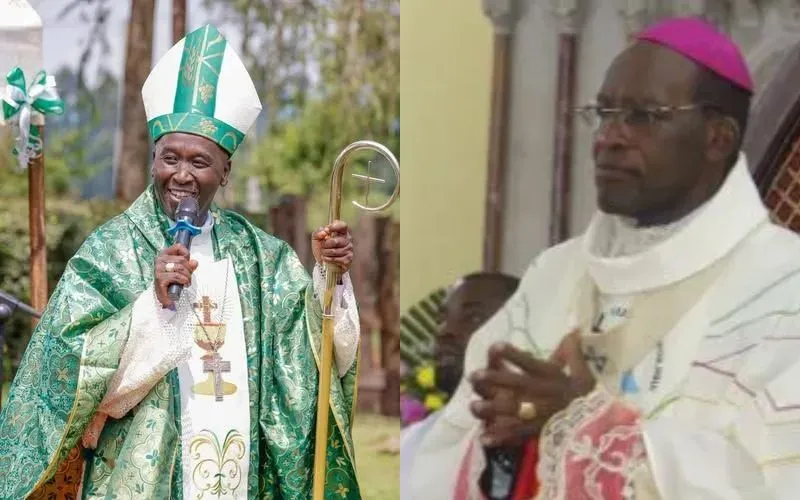
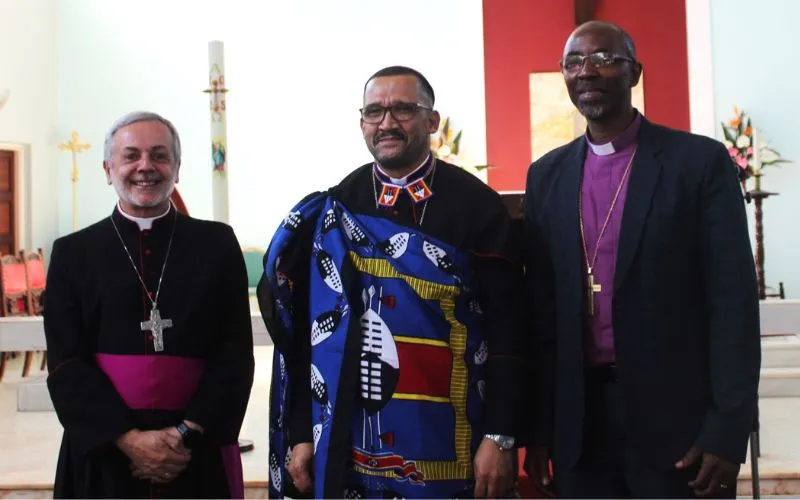 Credit: Katy Dijane
Credit: Katy Dijane Credit: Katy Dijane
Credit: Katy Dijane Credit: Katy Dijane
Credit: Katy Dijane Credit: Katy Dijane
Credit: Katy Dijane Bishop José Luis Ponce de León (right) and Bishop Sithembele Anton Sipuka (left). Credit: Katy Dijane
Bishop José Luis Ponce de León (right) and Bishop Sithembele Anton Sipuka (left). Credit: Katy Dijane Credit: Katy Dijane
Credit: Katy Dijane


